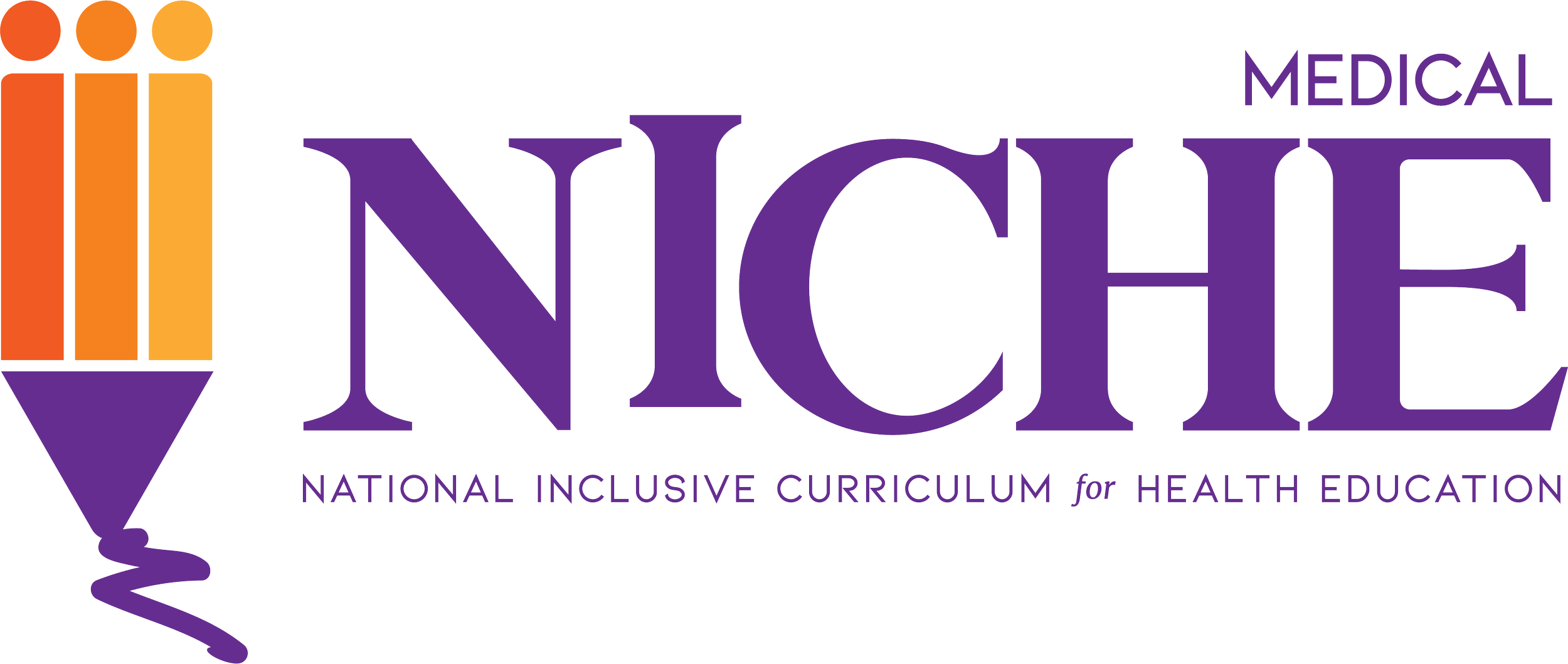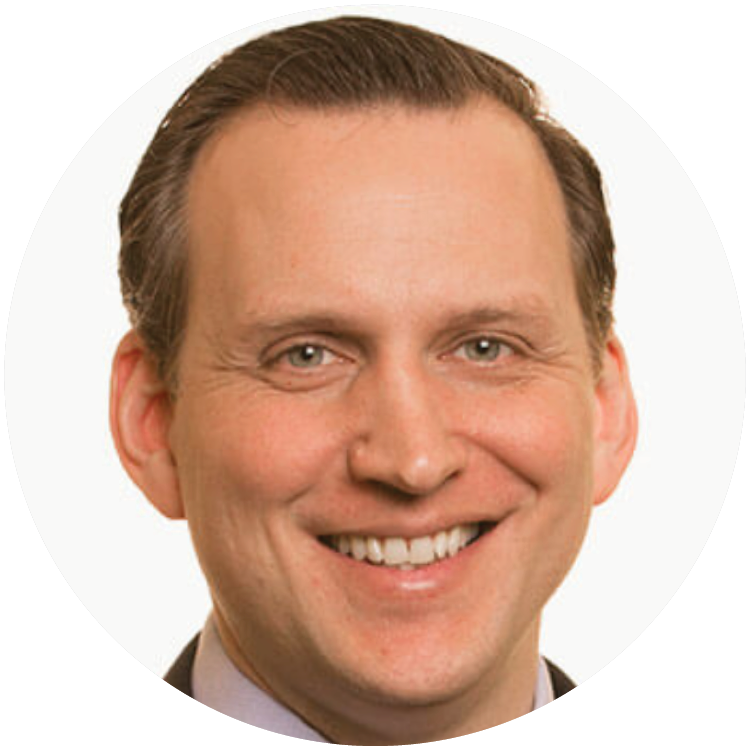After surveying a number of medical students in 2004,
we discovered the curriculum devoted to treating patients with IDD was devastatingly sparse and ill-informed.
We want to change that.
Project Background
What is Developmental Medicine?
As a medical specialty, Developmental Medicine focuses on patients with intellectual and developmental disabilities (IDD) across the lifespan. Examples of IDD include autism, down syndrome, cerebral palsy, and many more. For most of human history, the average life expectancy for people with IDD was less than 20 years. Today, the life expectancy of a person with IDD is more than 60 years. The medical field, however, has not kept pace with this significant demographic shift. As an offshoot of the NCIDM project, the American Board of Developmental Medicine (ABDM) has formed in order to recognize physicians who have significant expertise in this field.
What is NICHE?
Founded by AADMD in 2009, NICHE Medical originally started under the project name “National Curriculum Initiative in Developmental Medicine” (NCIDM). This program defines and integrates the concepts of Developmental Medicine into the medical school curriculum of medical schools in the United States. In 2023, we launched NICHE Dental as an initiative in the oral health education space.
The History of the NICHE Medical
Bringing NICHE Medical to its current state has involved more than $2M of monetary investment from Special Olympics, the Walmart Foundation, the Florida Developmental Disabilities Council, the North Carolina Mountain Area Health Education Center, the WITH Foundation and the Society for Teachers of Family Medicine. It has involved the collaboration of organizations from around the United States and around the world including: the American Association on Intellectual and Developmental Disabilities, the Association of University Centers on Disabilities, the International Association for the Scientific Study of Intellectual and Developmental Disabilities, the Australian Academy of Developmental Disabilities Medicine, and the Developmental Disabilities Nurses Association. It has also involved the input of hundreds of clinical experts in the field, academicians, and thousands of learners.
“Healthcare for a person with ID is 3.6 times that of somebody without ID. We estimate that the Medicaid system alone could save $2B to $7B annually, and produce better outcomes for people with IDD, if healthcare providers received adequate training.”
Want to know more? Let’s connect.







